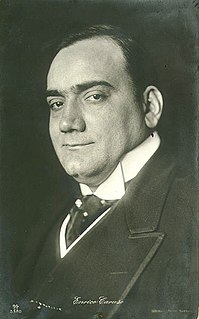A Quote by Hazel Hawke
I don't think of compassion as sympathy but rather as empathy. An understanding of how people are feeling, which often translates into action.
Related Quotes
When people want to inspire you to turn against some group of people, they'll often use empathy. When Obama wanted to bomb Syria, he drew our attention to the victims of chemical warfare. And in both of the Iraq wars, politicians said, "Look at the horrific things that are happening." I'm not a pacifist. I think the suffering of innocent people can be a catalyst for moral action. But empathy puts too much weight on the scale in favor of war. Empathy can really lead to violence.
My book is going to be called Against Empathy, which may give you a feeling for where my argument is going to go. Whenever I talk about this, I have to begin in the most boring of all possible ways: by defining my terms. By "empathy," some people mean everything that is good - compassion, kindness, warmth, love, being a mensch, changing the world - and I'm for all of those things. I'm not a monster.
During empathy one is simply 'there for' the other individual, when experiencing their own feelings while listening to the other, i.e. during sympathy, the listener pays attention to something about themselves, and is not 'there for' the client. Consider how you would feel if you sensed that the individual listening to you was getting into their own 'stuff' rather than hearing and reflecting exactly what you were feeling in a moment of need?
Empathy and fellow feeling form the very basis of morality. The capacities for empathy, for feeling responsibility toward others and for reaching out to help them can be stunted or undermined early on, depending on a child's experiences in the home and neighborhood. It becomes too easy to turn our backs on fellow human beings... to have 'compassion fatigue.' Technology, we are learning, is not neutral.




























